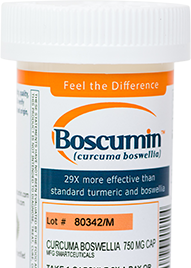Are your supplements made of petroleum?
A few years ago, when I was less knowledgeable about the dietary supplement industry, I came across an article which, to put it mildly, astounded me.
An investigation had found that up to 45% of curcumin samples, a nutritional supplement and the active ingredient in turmeric, was made from fossils fuels. So, in other words, we’re talking about the oil and gas you put in your car!
Here’s a link to that article for reference: http://www.evaluategroup.com/Universal/View.aspx?type=Story&id=582889
Seems that these manufacturers had forged a fake certificate of natural authenticity and, for no one knows how long, pushed this potentially dangerous material to the public in the guise of something all natural that would provide health benefits.
As a physician, I have a working understanding of the benefits of proper nutrition and the value of supplements. I’m also a regular person with a normal life: work, kids, wife, life, and not a whole lot of time. So, when I read the claims on a vitamin or supplement bottle I took them at face value.
Claims and promises we’ve all seen before. Claims like: 100% natural, 100% pure, scientifically tested, guaranteed to make you lose 10 pounds in ten days, get six pack abs with just 2 pills, blah, blah, blah. And why wouldn’t we believe it, they can’t just say this stuff if it’s not true, can they? Someone has to be monitoring and validating all of these statements, like they do with pharmaceuticals, right? Someone’s looking out for the health and safety of my family and I, aren’t they?
It turns out the answer is a resounding NO. I quickly found that, as far as supplements were concerned, no one was really looking out for my wife and children. Don’t get me wrong it’s not that they didn’t want to, it’s just that they are not allowed to. A 1994 law specifically prevents the FDA from regulating dietary supplements before they come onto the market. Dietary supplement manufacturers are not required to make sure their product is safe before entering the market. They don’t have to make sure it is effective. And, to top it off, no government entity verifies their claims are based on facts or research. The only power the FDA has is to remove an unsafe product after it comes to market and after people have been harmed or killed (for example, Ephedra, Oxy Elite Pro, and others).
In addition, the FDA oversight of the nutraceutical (supplement) market is extremely limited. There are a total of 25 people at the FDA tasked with monitoring the 80,000+ supplement brands sold in the US.

